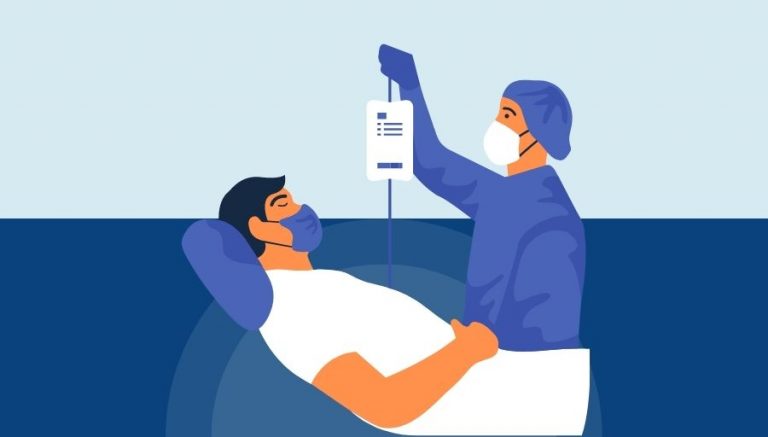How To Use CPT Code 96159
CPT 96159 describes the health behavior intervention provided by a psychologist or other qualified provider in a one-to-one setting with the patient. This article will cover the description, official description, procedure, qualifying circumstances, appropriate usage, documentation requirements, billing guidelines, historical information, similar codes and billing examples.
1. What is CPT Code 96159?
CPT 96159 can be used to describe the additional 15 minutes of a face-to-face health behavior intervention session provided by a psychologist or other qualified provider. This code is used when the provider addresses cognitive, emotional, social, and cultural factors that impact the management of a patient’s physical health problems in a one-to-one setting.
2. Official Description
The official description of CPT code 96159 is: ‘Health behavior intervention, individual, face-to-face; each additional 15 minutes (List separately in addition to code for primary service).’ This code should be used in conjunction with CPT code 96158.
3. Procedure
- The provider, typically a psychologist, conducts a face-to-face session with the patient to address barriers to self-management of the patient’s chronic disease(s).
- The provider discusses interventions and strategies to help the patient overcome intellectual, cultural, psychophysiological, and emotional factors that hinder recovery or result in noncompliance.
- The provider guides the patient on improved coping skills and removal of psychological barriers to the management of their chronic medical illness.
- CPT code 96159 is used to report each additional 15 minutes of this service after the initial 30 minutes.
4. Qualifying circumstances
CPT 96159 is used when a psychologist or other qualified provider addresses cognitive, emotional, social, and cultural factors that impact the management of a patient’s physical health problems in a one-to-one setting. This code is typically used when the patient has been referred by their primary care physician and requires assistance in overcoming barriers to self-management of their chronic disease(s).
5. When to use CPT code 96159
CPT code 96159 should be used when an additional 15 minutes of face-to-face health behavior intervention is provided to a patient after the initial 30 minutes. This code should be used in conjunction with CPT code 96158 for the initial 30 minutes of the session.
6. Documentation requirements
To support a claim for CPT 96159, the provider must document the following information:
- The patient’s specific chronic disease(s) and the need for health behavior intervention
- The start and end time of each additional 15-minute session
- The topics discussed during the session, including interventions and strategies
- The patient’s progress and any additional sessions scheduled
- The provider’s signature
7. Billing guidelines
When billing for CPT 96159, ensure that the provider is a psychologist or other qualified professional and that the session is face-to-face with the patient. This code should be reported for each additional 15 minutes of the health behavior intervention session after the initial 30 minutes. It should not be reported with CPT codes 98975 and 98978. For additional tips on reporting CPT code 96159, consult the official coding guidelines.
8. Historical information
CPT 96159 was added to the Current Procedural Terminology system on January 1, 2020. There have been no updates to the code since its addition.
9. Examples
- A psychologist providing an additional 15 minutes of face-to-face health behavior intervention to a patient with diabetes, addressing barriers to medication adherence and lifestyle changes.
- A qualified provider conducting an additional 15 minutes of a health behavior intervention session with a patient with hypertension, discussing strategies to manage stress and improve adherence to medication.
- A psychologist guiding a patient with chronic pain through an additional 15 minutes of a health behavior intervention session, addressing emotional factors that impact pain management and providing coping strategies.
- A provider conducting an additional 15 minutes of a health behavior intervention session with a patient with obesity, discussing strategies for healthy eating and physical activity.
- A psychologist providing an additional 15 minutes of face-to-face health behavior intervention to a patient with asthma, addressing barriers to medication adherence and discussing techniques for managing asthma triggers.


